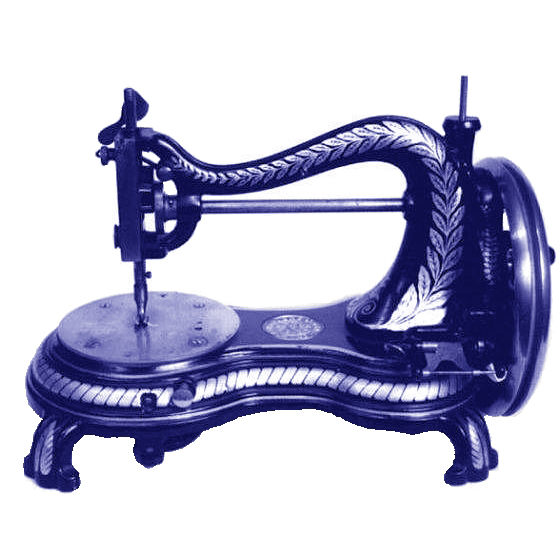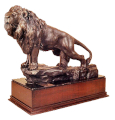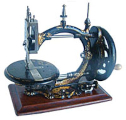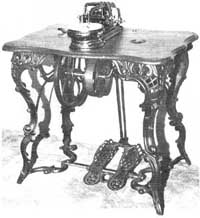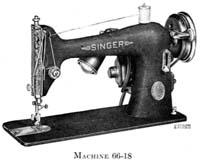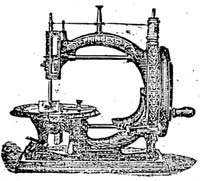Graham's True Stories
Number 23, Don't Cheat on the Revenue
This is a sad story with a moral - don't cheat on the revenue.
The antiques business is a funny old game, not least for the fact that it is about the last bastion of cash left in the Western world.
That's real cash, the folding type that you see in old movies on late-night TV. Every antiques dealer carries his wad. That's a casually-folded pile of grubby bills totalling, perhaps, many thousands, stuffed in the back pocket of the jeans he probably slept in for the past two nights.
To outsiders he might look rich, at least eccentric, but that pile of folding is simply his tool box which he has to use to earn a living. Unless he uses the wad he has no stock. The wad goes up and the wad goes down. That's the antique business.
Now there are those individuals who (how shall I put this) use this cash-driven trade to allow a little laxity on revenue returns.
You can understand the temptation. Dealer Doug is at an antique show. At 7am he buys a clock for $600. A couple of hours later he rounds up his purchases and is loading them into the truck when Picker Pete comes along. "How much is the ticker, Doug?" Doug, ever the optimist, quotes "Gotta be a Big One, Pete". Eventually they settle for $850.
Now, you know and I know that Doug has just earned $250. But will the Internal Revenue ever know? If Dealer Doug is of the type who resents his tax bills - and there are a few out there who do - he might forget the clock, and quite a few other transactions as well.
Soon he is stuffing spare wads under mattresses but what to do with all this bent wealth. Holidays can take up a little, a better car perhaps, but in England many feel the answer is Home Improvements.
We're not talking about replacing the odd shingle here but the complete transformation of a near ruin into a profitable asset. Profits on the sale of one's residence are not taxable.
Let me tell you about Charlie, his wife Ann, their dog Butcher and Harry the builder.
Charlie and Ann had quite a few "spare wads" tucked under the mattress and evolved the Home Improvement Plan to legitimize it without paying tax. They sold their small apartment and with the proceeds bought a run-down town house that was barely habitable.
A few nights spent in the local pub led to an introduction to Harry, a builder not adverse to a little moonlighting for cash. Harry went to work and a year later had transformed the house.
Charlie and Ann sold it, explaining that they were both keen do-it-your-selfers and, under British law, did not pay any tax on a profit . Then they did it again, and again. Harry the builder was almost a permanent fixture in the home and, as the houses got grander and grander, even had his own self-contained apartment so that he would be on the job 24 hours a day.
Then it all went horribly, drastically and dramatically wrong. Charlie came home late one night. No Ann. No Harry. Just a note telling that they had run off together.- possibly to spend some of those wads that were bulking up the builder's mattress.
I hear you asking, where does Butcher, the dog, come into all this?
Ann got custody.
